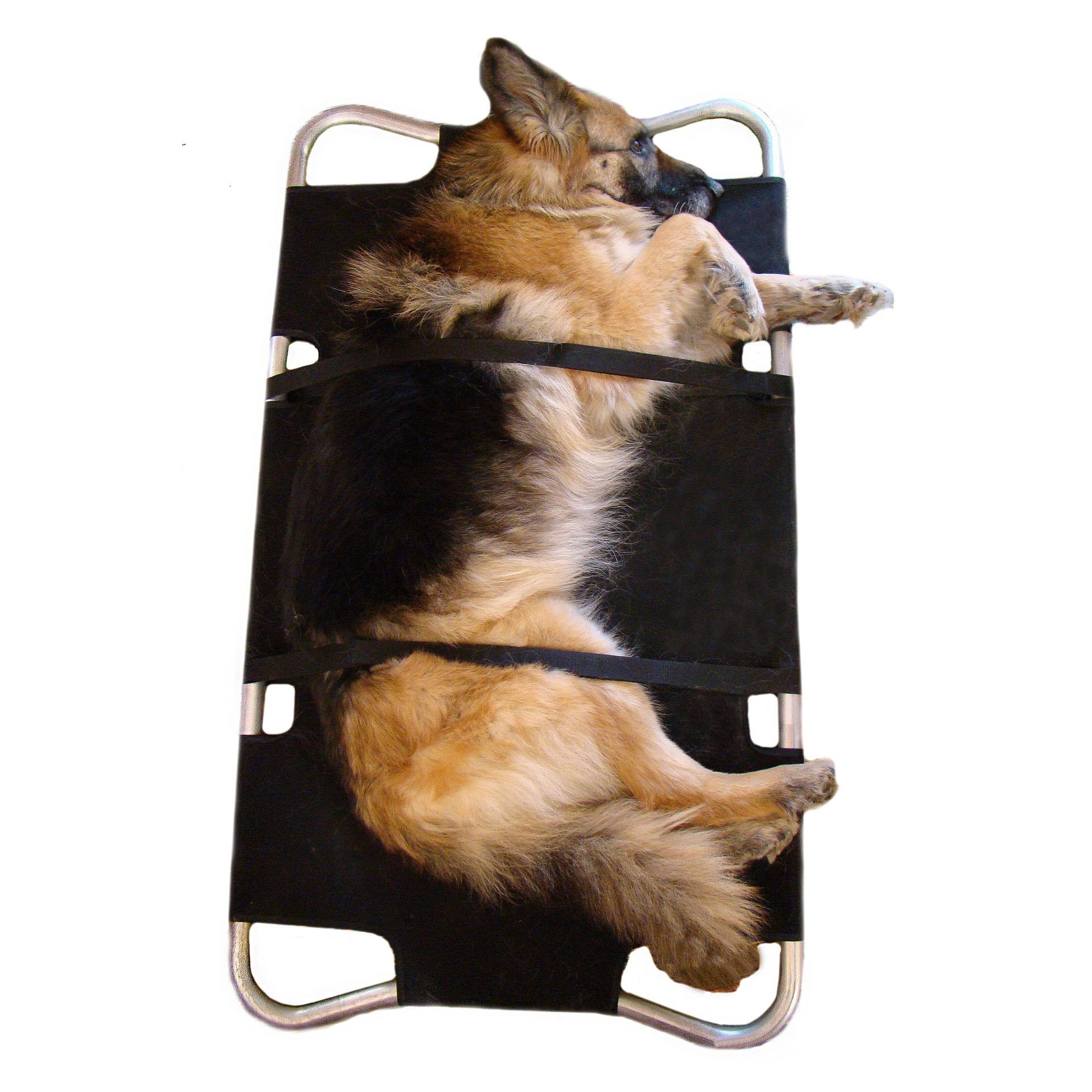All dog owners, and hopefully those who decide to become one, know that having a dog as a pet is not cheap. Buying food, toys, crib, trips to the vet, dressage, haircuts and beautification and many other small things can cost a few hundred kuna per month, or even thousands depending on the size and breed. How about adding a dog tax to all of that?
The dog tax is nothing new
In many countries around the world there is a pet tax or a pet license that you have to pay. Since we love sands the most, for this article we will focus on them. Some of the countries where there is a so-called tax on dogs are Germany, USA, Spain, Ireland and Poland. It must be noted here that sometimes the tax is not in the entire country, but only in some cities or provinces.
Let's take Germany as an example, where the tax on dogs has existed since the beginning of the 19th century. How much you pay for it depends on several things:
- which city do you live in
- about the type of dog,
- how many do you have and
- what is their purpose
The tax is generally between 50 and 190 euros per year, but some cities take more than 1,000 euros if the breed is considered dangerous (Pit Bull, Dogo Argentino, American Staffordshire, etc.). In addition to taxes, dog insurance is normal in Germany, and in Berlin it is even mandatory, but more on that another time.
What is the collected money spent on?
What exactly do dog owners pay tax for in Germany? First, it should be noted that the tax is paid locally communal transport. After that, the collected money should provide walks and dog parks, garbage cans, bags, keeping green areas clean and some other things that also depend on the city.
A little jump to Paris... I heard somewhere that people there don't need to pick up excrement after their noses, because taxes pay the utilities to do it. I haven't been able to verify that, so don't take my word for it.
Let's go back to the example of Germany. Although the money would be collected from dog tax should spend on such things, nowhere is it specified what and how much these local communal units should spend money on. Therefore, there are a lot of dissatisfied dog owners, and some even refuse to pay this tax. Also, some dog owners are exempt from this tax: if the dog tax threatens the owner's financial stability, for adopted dogs or guide dogs, police and working dogs, and in some provinces also hunting dogs.
Does your muzzle have an ID card?
In Croatia, we often try to avoid paying fines in various ways, and one of the main ones is - not giving an identity card. A common excuse for this is that only the police can ask you for your identity card, so you won't show it to the communal officer. Well, he wouldn't have a good time in Germany. The police often conduct checks on dog owners on the street. They check the ID card of the dog and thus determine whether the dog has been registered and tax paid. The fine for an unregistered dog varies, but it can be as much as 10,000 euros.
Tax on dogs in Croatia
Tax on dogs is not a foreign concept in Croatia. It has already been talked about several times, but the law never came to life. Dog owners remember the year 2017 when it was written about the most, but in the end it turned out that the bill was never even written. It was said that the tax would be around 100 euros per year and that it would affect around 350,000 registered dogs in Croatia. If we count that not everyone has a dog and those who would be exempt from this tax, we can say that around 30 million euros would be collected. It's not a small amount, even if everything was intended for dogs and their owners, it would be great. These were roughly the opinions of citizens in 2017. Those who were in favor felt that the money should then be spent on dog parks, waste bins and waste bags. To finance the maintenance, emptying and cleaning of bins. This money could be used to help shelters and associations in order to have the best possible conditions for taking care of dogs and adoption campaigns. In many states where there is a dog tax, there are very few abandoned dogs. The tax would also finance the care of abandoned dogs, their chipping, as well as their adoption, as the adopters would be tax-exempt.
Of course, there are those who are against it. Some of the reasons:
- lack of transparency in the use of collected money
- politicians and associations that would only earn even more
- another levy on citizens.
Association Animal friends in 2016 supported the introduction of a tax on dogs. Then they explained why it would be good, but also their suggestions on how to do it. You can find their suggestions here.
Conclusion
Although in some countries it is normal to have a tax on dogs and people do not mind at all, we do not know how it would be accepted in Croatia. In theory, everything sounds great: more dog parks, better shelters and associations, fewer abandoned dogs, more walks and trails for dogs, more money for communal policing and so on. However, I think that negative attitudes would always prevail among the majority of Croats, and these have already been stated: where will that money go and "oh my, another tax". Be sure to share your opinion with us on our social networks below the published text.
#addlove #woffwoff #tvornicapsecihsnova #self-verified
Author: Morana Barbara Lučić
Follow Woff Woff on Facebook
Join the Woff Woff group at Facebook






















